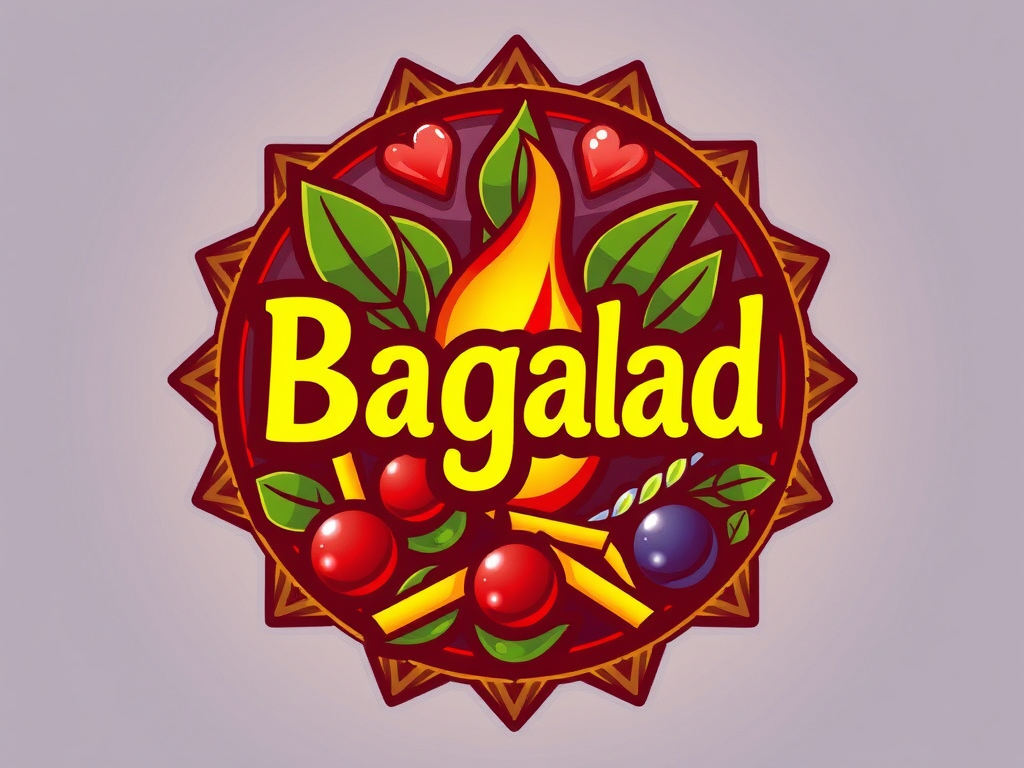Most Unique Pets Legally Available for Adoption in the UK
When considering unique pets UK, there is a growing interest in adopting uncommon pets UK that go beyond the typical cats and dogs. The UK allows ownership of a range of exotic and unusual species, provided they comply with strict regulations designed to protect both the animals and the public.
The legal framework defines which exotic pets can be adopted or kept as companions. For example, certain reptiles like bearded dragons and corn snakes are widely accepted, as are specific bird species such as parrots and finches. The popularity of these animals in the adopt exotic pets UK scene continues to rise due to their distinct characteristics and manageable care requirements.
In the same genre : How can UK pet owners ensure their pets’ safety during fireworks?
Among these unique choices are reptiles, smaller mammals like sugar gliders and hedgehogs, and birds uncommon as household pets. While all of these species are legally permitted, prospective adopters must ensure that the animals are sourced from licensed shelters or authorized breeders who comply with animal welfare standards.
Careful consideration of the animal’s needs is vital. Unlike traditional pets, many exotic species require specialized diets, habitat setups, and ongoing veterinary care. Therefore, adopting an uncommon pet in the UK demands commitment and knowledge.
Also read : How Do British Pets Affect Local Communities?
In summary, adopting unique pets UK includes a diverse range of species legally permitted under UK law—from reptiles to birds and small mammals—offering exciting alternatives to traditional pets for enthusiasts willing to meet their specific care needs.
Legal Requirements and Safe Adoption Practices
Understanding UK exotic pet laws is essential before deciding to adopt a unique or exotic pet. The legal framework sets clear guidelines on which animals are permissible and under what conditions. For instance, certain species fall under the Dangerous Wild Animals Act 1976, requiring licenses, while others can be adopted without special permits but still must comply with welfare standards. Prospective owners should thoroughly check current legal considerations adopting pets UK to ensure their chosen pet is lawful and properly cared for.
Registering an exotic pet is often mandatory, especially for species classified under stricter regulations. This process ensures that animals are tracked and owners comply with care and housing standards. Licensing helps protect both the pet and the community by confirming that enclosures meet safety requirements and that owners have appropriate knowledge.
Responsible adoption means sourcing from licensed shelters or reputable breeders only. This reduces the risk of supporting illegal trade or unethical practices. Licensed facilities adhere to exotic pet adoption regulations, ensuring animals come from sustainable and humane backgrounds. This also guarantees access to veterinary care and post-adoption support, crucial for the welfare of unique pets.
By following UK exotic pet laws and adoption rules, enthusiasts contribute to a safer, more ethical environment for these rare and uncommon pets. This legal vigilance is key to the positive growth of the adopt exotic pets UK community.
Featured Unique Pets: Reptiles, Birds, and Small Mammals
Exploring which unique pets UK enthusiasts commonly choose reveals a fascinating array of options available to adopt. Among the most popular categories are reptiles, birds, and small mammals, all offering distinct care requirements and appeal beyond traditional pets.
Reptiles: Lizards, Snakes, and Tortoises
For those seeking to adopt reptiles UK, species like bearded dragons, corn snakes, and Russian tortoises top the list. These reptiles are legally permitted and well-suited for individuals prepared to meet their specific needs. They require carefully controlled environments, including temperature-regulated enclosures and specialized diets, which encourages responsible ownership. Licensing isn’t generally required but compliance with welfare regulations is essential.
Birds: Parrots, Finches, and Other Uncommon Species
When it comes to adopting birds in the UK, species such as parrots, finches, and canaries are popular choices. These uncommon pets UK add vibrancy and companionship to homes. Parrots, for example, are intelligent and social but need commitment to mental stimulation and social interaction. They are legally allowed as pets, provided owners adhere to import and health certificate requirements. Welfare regulations help ensure birds live in environments that meet their social and physical needs.
Small Mammals: Hedgehogs, Degus, and Sugar Gliders
Small mammals like hoglets (domestic hedgehogs), degus, and sugar gliders fall under the category of rare pets UK that attract interest due to their uniqueness and relatively manageable size. Owners considering these species must be aware of their nocturnal habits, diet, and social behaviour to provide appropriate care. Legal status permits these adoptions, but sourcing from licensed breeders or shelters remains critical to comply with exotic pet adoption regulations and enhance animal welfare.
Together, these groups represent the diverse array of uncommon pets UK enthusiasts may choose to adopt, combining interest in distinct species with the responsibility of meeting their specialized care needs.
Essential Care Tips for Unique Pet Owners
Providing proper unique pet care UK involves understanding each species’ specific environmental and dietary requirements. Unlike traditional pets, many unique or exotic animals need precisely controlled habitats. For example, reptiles such as bearded dragons require temperature gradients and UVB lighting to maintain health. Similarly, small mammals like sugar gliders benefit from spacious, enriched enclosures mimicking their natural environment. Without these tailored conditions, exotic pet welfare can quickly decline.
Nutrition is another crucial aspect of keeping exotic pets. Each species demands a specialized diet: parrots rely on varied seeds, fruits, and nuts, while hedgehogs need high-protein, low-fat meals. Failure to meet these dietary needs may cause malnutrition or other health problems. Understanding and providing appropriate food choices contributes directly to the long-term wellbeing of any unique pets UK owners decide to adopt.
Veterinary care for keeping exotic pets should involve professionals with expertise in their species. Regular check-ups by qualified vets ensure early detection of illnesses common to exotic animals, which may be overlooked by general practitioners. Owners should seek clinics experienced in reptile, avian, or small mammal medicine to secure the best care. Preventative measures like parasite control and habitat hygiene also play significant roles in maintaining health.
In addition, enrichment activities and social interaction are vital to support mental health and natural behaviours, especially for intelligent species such as parrots and sugar gliders. Providing toys, climbing structures, and social companions prevent boredom and stress, aligning with ethical exotic pet welfare principles. Responsible owners should continuously research and adapt care practices to fulfill their unique pets’ evolving needs.
Where to Find Unique Pets for Adoption in the UK
Finding unique pets UK for adoption requires careful selection of reputable sources that prioritize animal welfare and legality. Many prospective owners ask, “Where can I safely adopt exotic pets UK?” The answer lies in licensed shelters, dedicated rescue centres, and verified online platforms focused on pet adoption UK.
Firstly, well-established rescue centres and charities across the UK specialise in the care and rehoming of rare pets UK. These organisations often have strict protocols to ensure animals are healthy, legally acquired, and socialised where appropriate. They also provide guidance and support post-adoption, crucial for owners new to exotic pet care.
Secondly, there are online adoption platforms tailored to exotic pet enthusiasts. Choosing verified services helps avoid illegal or unethical practices that jeopardise both the animals and owners. These platforms typically require evidence of compliance with exotic pet adoption regulations, ensuring transparency and legal ownership.
Importantly, avoiding unlicensed breeders or unverified sellers reduces risks related to animal welfare and legal ramifications. Prospective adopters should always request documentation confirming that animals conform to UK laws and come from responsible sources.
In summary, adopting uncommon pets UK safely involves relying on vetted rescue organisations and credible online platforms, which uphold standards for the wellbeing of exotic pets and adherence to legal requirements. This cautious approach supports ethical adopt exotic pets UK practices and helps protect both pets and adopters long-term.






